Editorial — Revisioning and reforming educare in the 21st century: the synergetic confluence of professional innovative practices and scientific evidence
Back to Norland Educare Research Journal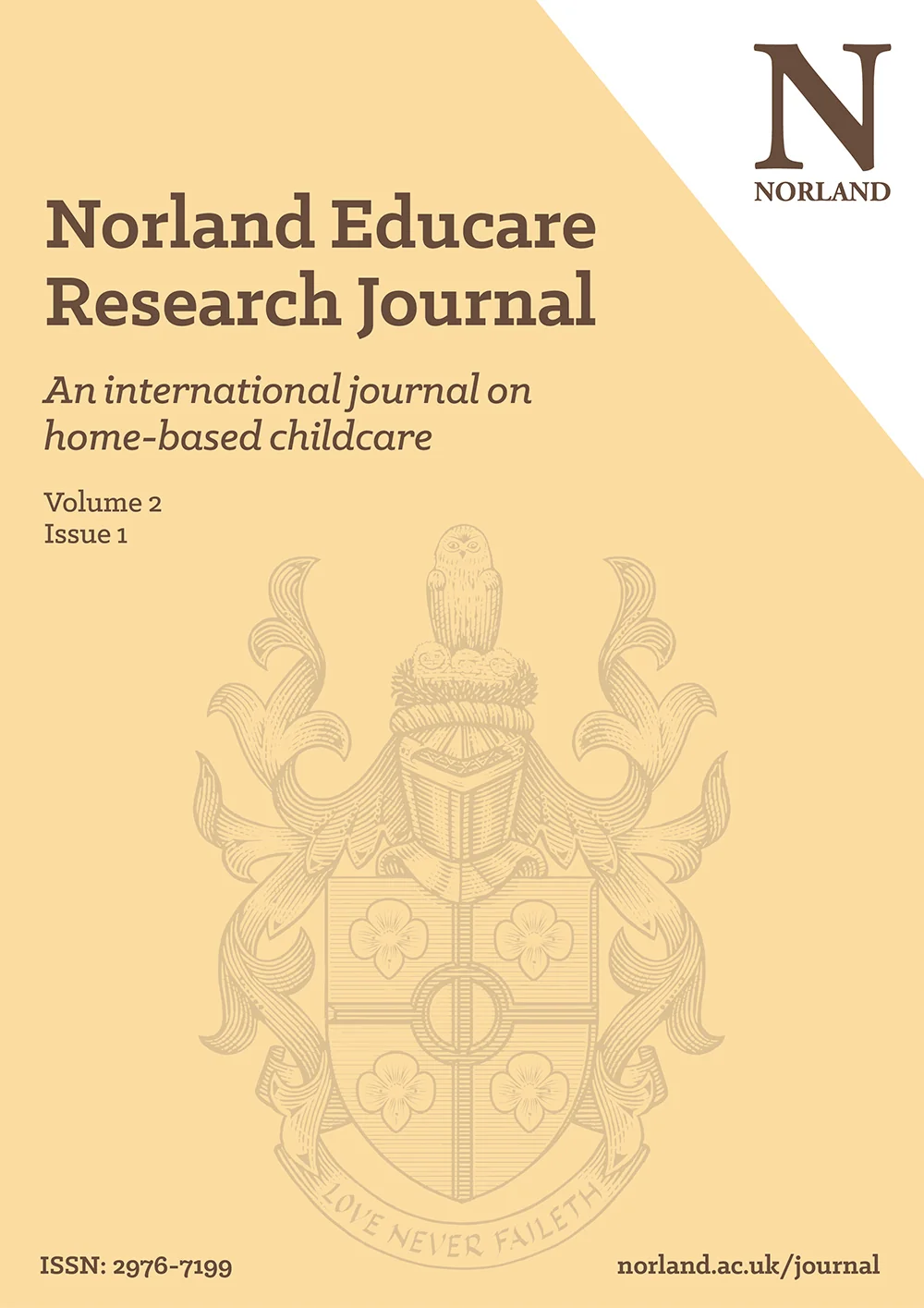
About the journal
Read more about the journalEditorial board
View our editorial boardJournal policies and ethics
View our policies and ethicsPeer review process
View peer review processInformation for readers
Read our information for readersInformation for authors
Read our information for authorsCall for papers
View our call for papersTerms and conditions
View terms and conditionsThis issue of the journal presents a collection of papers which bring to the fore critical issues about young children’s educare. In an interview conducted by Janet Rose, the Principal of Norland, Professor Edward Tronick reiterates and reinforces the role of positive interactions and relationships with caregivers. Dr Amanda Norman, taking a historical perspective, explores loving relationships with kin and professional alloparents, while Sue Egersdorff and her colleagues, in a position paper, discuss institutional intergenerational care – a form of contemporary alloparenting. Dr Mallika Kanyal and her colleagues review research about grandparenting in the UK in the 21st century, and, in a pair of scoping studies, Lisa Gentle and colleagues and Dr Amy Prescott explore baby sleep and baby weaning, respectively. Finally, there are reviews of two books: one on green teaching, and the other about home learning environments.
Positive interactions and relationships are key principles that are well embedded in the consciousness and practices of early childhood educators. This is the key theme in the interview with Professor Edward Tronick, conducted by Dr Janet Rose. In this interview, Professor Tronick, an internationally renowned and eminent academic and researcher in the field of developmental and clinical psychology, takes us on a personal journey through his long career and work, elucidating the critical role of primary caregivers’ early positive interactions and relationships with their infants. Professor Tronick argues that as powerful as the brain is cognitively, it is also socially set up for infants to engage with others, explore things and learn about the world. The infant’s inherent capacity is greatly enhanced by early positive interactions with their primary caregiver. The in-the-moment attunement and synchronicity between the infant and caregiver brings about an intersubjective emotional state and consciousness, enabling relational safety and meaning-making together. Importantly, Professor Tronick explains that such emotional and relational safety has a powerful repairing power, especially when interactions and relationships between infant and caregiver are mismatching or ruptured. He also posits that, while early attuned interactions with primary caregivers are critical, infants are capable of developing multiple and different relationships with other people, notably grandparents, although he notes that such relationships are dependent on the situational context and content. In his interview, Professor Tronick reminds us that attuned interactions in early infancy become “the food for the brain”.
Infants’ relationships with others, beyond their primary caregivers, are the focus of the invited paper on alloparenting. Dr Amanda Norman provides us with a historical overview of childcare offered by alloparents, kin/familial members and professionals. She explores how alloparenting continues to be vital for many families across cultures, discusses how it adapts in response to societal changes and needs, and considers the nature of relationships between children and their alloparents. Historically, kin alloparents, especially grandparents, have played a significant role in childcare. Professional alloparents such as wet nurses and nannies served particular social strata in the 19th century, and nannies continue to do so today. A form of community-focused alloparenting was evident in kibbutz communities, and there is a renewed interest in various forms of professional, community-focused, institutional and intergenerational alloparenting, as a response to changes in societal structures and demographics. Dr Norman, exploring the relationships between alloparents and the children under their care, acknowledges that there are no systematic studies that allow us to decipher conclusive arguments about the nature of such relationships, but she notes that the evidence from surviving records indicates close relationships between alloparents and the children under their care.
This issue of the journal includes four peer-reviewed papers. The first paper, by Dr Mallika Kanyal and her colleagues, reports on key insights gained from existing research regarding the roles of grandparents in the UK in the 21st century. Their literature review highlights the close relationships which children develop with grandparents involved in their care, but, in line with Professor Tronick’s position, reveals how such relationships are dependent on contextual factors. Reviewed studies explored grandparent and grandchild relationships in the context of lone parenting, adoptive families and the mother’s closeness, or lack of closeness, with her own mother. Grandparents exert significant learning and social and cultural influences by passing on to their grandchildren knowledge and skills, helping them to understand their cultural heritage and/or maintain a native language, instilling aspirations towards success and social mobility, and supporting their wellbeing. At the same time, mutual intergenerational learning takes place, with children involving grandparents in their own learning. Beyond their contribution to children’s developmental and learning trajectory, grandparents also provide support and intergenerational learning to families. Dr Kanyal and her colleagues conclude that despite the great contribution and influence of grandparents in childcare, their role does not figure prominently in UK policy, and they call for a ‘more-than-parental’ intergenerational approach to childcare.
The next paper, by Sue Egersdorff and her colleagues, is a position paper on institutional intergenerational care, a form of contemporary alloparenting. Egersdorff and her colleagues argue that the ageing demographic and economic, societal, cultural, ecological and wellbeing challenges experienced by families, together with the high cost of quality childcare and the care of older people, necessitate new, innovative ways of addressing these complex and interrelated issues. Drawing on international experience, and building on Bronfenbrenner’s ecological systems theory, Egersdorff and her colleagues briefly outline the joint venture between Ready Generations and Belong Villages to establish intergenerational care, before discussing the development of the Attuned Relationships Model and the Mirrored Curriculum Framework. The Attuned Relationships Model is strengths- and relationships-focused, building on individuals’ capacities and capabilities, and takes a life-course approach. It is founded on the common attainable goals of care and learning for both the young and older people. Based on this model, the Mirrored Curriculum Framework starts from individuals’ interests, instead of a predetermined offer, working collaboratively to address and explore such interests. The common needs of both the young and older people dovetail in the Mirrored Curriculum Framework, which is based on six domains of influence: these are particular sets of knowledge, skills and understanding to be achieved. Egersdorff and her colleagues argue that bringing together the care of children and older people requires a sophisticated understanding of the challenges and benefits of harmonious partnership models at a systems level. At practice level, bespoke relational and curriculum models, such as the Mirrored Curriculum Framework, facilitate shared purpose, community and interdependence.
The two papers that follow report on the key findings from scoping studies conducted to explore baby sleep and baby weaning – two pertinent issues which parents and professionals experience and are concerned about during the early stages of children’s lives. In their paper, Lisa Gentle and her colleagues report on behavioural sleep interventions for infants under two years old in the context of attachment-informed research. The scoping study was conducted to explore the sleep interventions researched, the outcomes of the studies and the recommendations made by the papers’ authors. The scoped studies explored a range of sleep interventions (i.e., cry it out, cry out, controlled crying, camping out and bedtime fading), the impact of sleep education and parental perceptions of the efficacy of behavioural sleep interventions. The findings of the scoped studies suggest that gentler sleep interventions such as bedtime fading, camping out and moderate behavioural interventions are recommended, rather than cry it out, cry out and controlled crying. Education and support for caregivers, and specialist training for professionals that enables them to support caregivers, are consistent recommendations across all studies. Gentle and her colleagues concluded that caregiver support involving contact with (and education from) trained professionals has a significant positive impact on caregiver expectations and acceptance of infant sleep patterns, quality of infant sleep, and safe use of moderate behavioural sleep interventions. It helps caregivers to develop consistent sleep routines, set boundaries and establish age- and context-appropriate responses. Aligned with attachment-informed research, such sensitive sleep interventions mitigate any long-term effects associated with inconsistent and inaccurate responses.
The paper by Dr Amy Prescott on baby weaning explores two research questions concerning key approaches to baby weaning and complementary feeding, and the key issues or influences which determine when and how caregivers wean their child. The scoped studies explored spoon-fed/traditional and baby-led weaning, with the latter being associated with caregivers with a higher level of education and higher socio-economic status. Baby-led weaning is also reported to be associated with higher numbers of milk feeds and later introduction of complementary foods, increased participation in family mealtimes, higher exposure to vegetables and protein intake, caregiver confidence about feeding their infant, and fewer concerns about the weaning process. Concerns about baby-led weaning include its suitability for developmentally delayed infants, choking and nutritional adequacy. The scoped studies also explored the extent to which their population understood and adhered to guidelines issued by the World Health Organization, NICE (the National Institute for Health and Care Excellence) and the NHS. Practitioner understanding of these guidelines, and caregivers’ own understanding of the advice given, are reported as issues determining how and when to wean their infants. Maternal age, education and social class, cultural beliefs, and health and dietary concerns also significantly influence early feeding practices and the timing and practices of weaning, revealing great disparities. Great variation was reported from the optimal recommended timing for the introduction of solid foods, which is at the age of six months. Earlier introduction, even at the age of four months, has been reported, despite it having been associated with infants being overweight. Dr Prescott concludes that the key findings reveal the complexity of infant feeding and weaning practices, and the impact of socio-economic, cultural and individual factors, and she notes that research on weaning is expansive and remains inaccessible to caregivers. She recommends that practitioners should step away from recommending one-size-fits-all guidance; instead, their advice and support should be tailored considering caregivers’ socio-economic status and family situation, accessibility, and the affordability of food. She also recommends that further research should be co-produced with and for the population under investigation, including fewer representative groupings, and disseminated accessibly among them. Despite its use by caregivers, there are gaps in knowledge regarding, and a lack of a standard definition of, baby-led weaning, and these should be further researched and clarified.
This issue of the journal concludes with reviews of two books. The book Green Teaching by Claire Warden, published by Sage in 2022, was reviewed by Jessica Hine and Pollyanna Whitehead, in their respective capacities as a practitioner and a higher education lecturer. The second book, Home Learning Environments for Young Children by Cathy Nutbrown and her colleagues, also published by Sage in 2022, was reviewed by Dr Poppy Gibson, who was previously a primary school teacher and is now a higher education lecturer. Commissioning reviews of the same book from people with different professional capacities was intentional to allow divergent perspectives on its content, style and appropriateness for different readership groups. Both books were well received and highly recommended for teaching and practice.
The collection of the papers in this issue brings to the fore critical issues about young children’s educare. It has been well documented that beyond the concept of the nuclear family and the emphasis on the dyadic child/caregiver attachment, which have dominated early childhood discourse and practices, children can establish close relationships with multiple others. Thus, alloparenting, both kin and professional, requires greater attention and recognition by policymakers, who should aim to accommodate intergenerational resources and mutual learning.
The rapid societal changes, global and local economic uncertainty, environmental and technological advances and their challenges, and concerns about child and family wellbeing and the exorbitant cost of childcare – noted by Egersdorff and her colleagues – mandate serious rethinking, revisioning and reform of educare in the 21st century. The multiple, multi-levelled and intertwined challenges require a new vision for alternative, innovative and flexible approaches to and models of educare. This necessitates a bold vision from policymakers to reform childcare, embracing a wide range of approaches and models which recognise and invest in the diverse needs, knowledge, skills, capacities and capabilities at community, family and individual level. There is enough evidence about the impact of such models, as demonstrated in the recent evaluation of Sure Start (Carneiro et al., 2024) – a community-focused and child-/family-oriented programme. Furthermore, by bringing together community resources and professional expertise, knowledge, skills and competencies, these resources may contribute to sustainable childcare provision, which currently – at least in the UK – is prohibitively expensive for families, despite the low pay of the workforce (Akhal, 2019).
The scoped studies on infant sleep and baby weaning highlight the importance of having research-informed and evidence-based guidance and advice for professionals and caregivers. It is evident, however, that such guidance and advice need to be contextualised and tailored to a child’s age and the family’s situation and conditions. As Dr Prescott argues, there are no such things as one-size-fits-all approaches and practices. Instead, professionals need to be trained to support families to understand and apply recommended evidence-based and research-informed practices to their own circumstances, conditions and context. This necessitates the dissemination of scientific research in more accessible ways to avoid caregiver reliance on popular, easily accessible literature which may lack scientific rigour.
The papers in this issue reinforce the African proverb ‘It takes a village to raise a child’, in both literal and metaphorical interpretations. In its literal interpretation, the village is conceptualised and actualised in innovative approaches and practices that are oriented to families and local community needs and resources. In its metaphorical interpretation, the village is reflected in the synergetic confluence of professionals’ innovative practices and researchers’ scientific evidence to, firstly, bring about research-informed approaches and models of educare, and, secondly, inform professional and caregiver practices that are evidence-based, but contextualised and individualised. For this, greater collaboration is required between researchers and the populations under their investigation, for knowledge co-production and its dissemination among intended users.
References
Akhal, A. (2019) The early years workforce: a comparison with retail workers. London: Education Policy Institute. Available at: https://epi.org.uk/wp-content/uploads/2019/04/EY_workforce_comparative_retail_EPI_2019.pdf (Accessed: 23 July 2023).
Carneiro, P., Cattan, S. and Ridpath, N. (2024) The short- and medium-term impacts of Sure Start on educational outcomes. IFS Report R307. London: The Institute for Fiscal Studies.
Related articles
Front matter and content page: Norland Educare Research Journal
The Norland Educare Research Journal is an international double-blind peer-reviewed journal, published annually, online only. It is an open access journal, offering free-of-charge publication to researchers and authors, and free...
Critical processes for infant development – an interview with Professor Edward Tronick
We are delighted to front this issue of the Norland Educare Research Journal with an interview with Professor Edward Tronick, a world-class researcher and developmental and clinical psychologist. Edward Tronick...
Useful links and information for the Norland Educare Research Journal
About the journal
Read more about the journalEditorial board
View our editorial boardJournal policies and ethics
View journal policies and ethicsInformation for readers
View information for readersInformation for authors
View information for authorsCall for papers
View call for papersTerms and conditions
View terms and conditions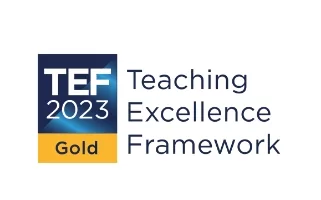
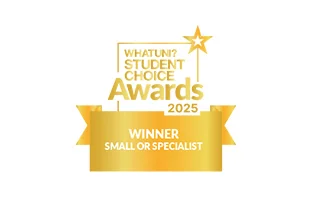
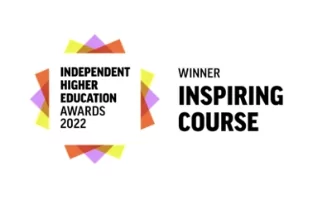
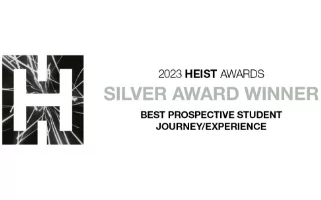
Translate this page